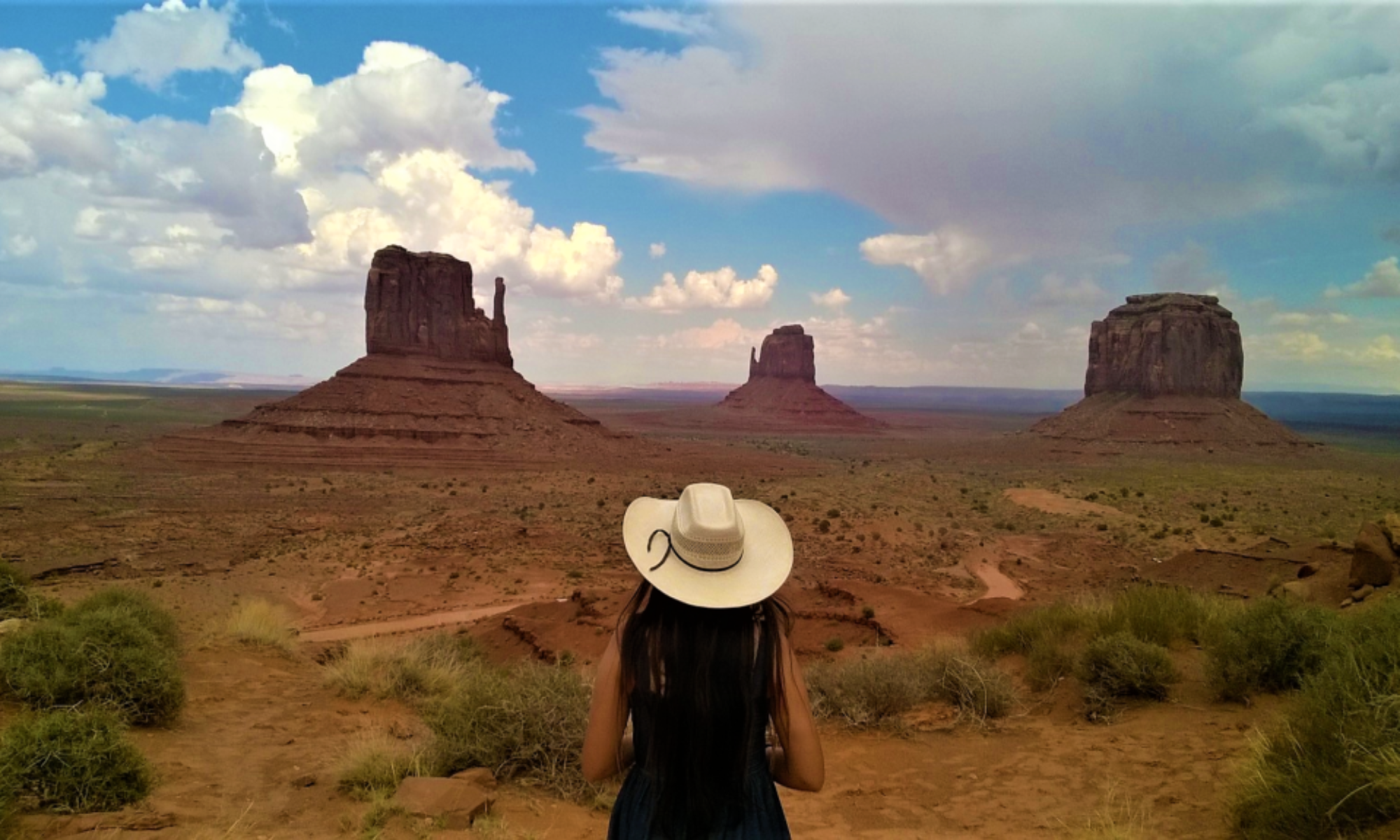How do you cope, how do you heal, when those who should love and protect you the most, utterly, miserably fail in their duty?
For writer Pam Houston, hope, healing and purpose is found in the great outdoors, and no better place than her ranch in the Colorado Rockies. Beloved author of the short story collection Cowboys Are My Weakness, Houston lays bare her life, loves, and most importantly, the land that has influenced, and continues to shape, herself—and her connection to the outdoor world. This memoir, a series of interconnected essays, reflects on a myriad of subjects: global travels, wildfires, ranch upkeep, dysfunctional families, etc., all while tying back to the central theme of landscape and nature.
Glancing out her kitchen window at the 12,000 ft. peaks surrounding her home, Houston reflects back on her 31 year old self—newly acclaimed author with some money to show for it—searching for a place to call home. Traveling across the American West, she arrives at the tiny former mining town of Creede, set among the striking and isolated San Juan Mountains. Forging connections with hard working locals, Houston buys the 120 acre Pinckley Ranch…putting just 5% down. Call her crazy or just plumb determined, Houston’s passion for the outdoors—in her youth she served as a river rafting and sheep hunting guide—serve as the compass of her life. Through sheer tenacity and constant travels abroad to teach and write, Houston does whatever it takes to make the ranch truly hers.
Houston’s emotionally charged first essay examines the lives of her parents—her dancer/ actress mother, her charismatic father—then plunges into the agony of revealing the horrific physical, mental, and sexual abuse perpetrated by them. As she grapples with her mother’s more recent death, she comes to terms that when she died, “I was freed from the terrible hope that she might one day actually throw herself between me and my father[:]” the same man who routinely raped his own daughter. Experiencing such severe neglect, Houston’s drive to “go out and love the earth” is suddenly all the more understood, and poignant: “[T]he greater physical world had always had an uncanny way of looking after me,” she explains.
Continuing her narrative in the essays, she details never ending ranch chores, her travels to Greenland and Patagonia, to further reflecting how her past led her to seek comfort and healing in the natural world: “I found my way to this ranch, this place where I protect and am protected by animals, […] where nature controls how I spend my days and how I spend my life.” Where Houston’s upbringing failed, she finds peace in caring for the plethora of horses, dogs, sheep, etc., under her care. The land allows her to realize that “I could make my own life […] I realized I could be the cowboy,” by far one of the best phases in the book.

The work loses some punch in the essay examining the history and legal documents of the ranch, the piece coming off more academic and less literary, but still emphasizes Houston’s enthusiasm and reverence for the ranch. Irony comes to play when, about to make the last payment on the ranch, several wildfires threaten to destroy her beloved home. All while being abroad to teach, she confronts her fears as she constantly checks condition updates. Once give the clear to return home, her relief is palpable, and ranch routine resumes once more: feeding, cleaning, birthing and letting animals go, all of which are examined in smaller vignettes dispersed throughout the book. Titled “Ranch Almanac” these pieces are a refreshing break from the intense recollections of the essays, while allowing Houston’s humor to shine through. A snippet from the vignette “Donkey Chasing:” “And when I tell you the dog porch was covered in donkey shit […]” As Houston’s work makes abundantly clear, such bizarre episodes are part and parcel of ranch life.
Abuse, wildfires, sub zero weather, unscrupulous ranchsitters (Houston lost a sheep, sacrificed by a youth), animal euthanasia, climate change visible on her own property: Houston is more than a survivor. She is a nurturer. She cares for the land, her animals, her friends, and her self. Lamenting the ever growing disconnect between man and nature, and the effects of climate change, she writes, “We are all dying, and because of us, so is the earth. That’s the most terrible, the most painful of […] self-torturing thoughts.” A torturous thought indeed, so much so that in 2018 Houston signed documents to place the ranch in an environmental land trust. With decades of ranching experience to ensuring the preservation of the land into the future, Houston continues to be the cowboy: taking control of her life when once she was powerless, to caring for all creatures, to finding happiness and hope out of despair. If ever there was a role model on living the life you want, Houston is our guide, and Deep Creek our manual of inspiration.
~LMC


